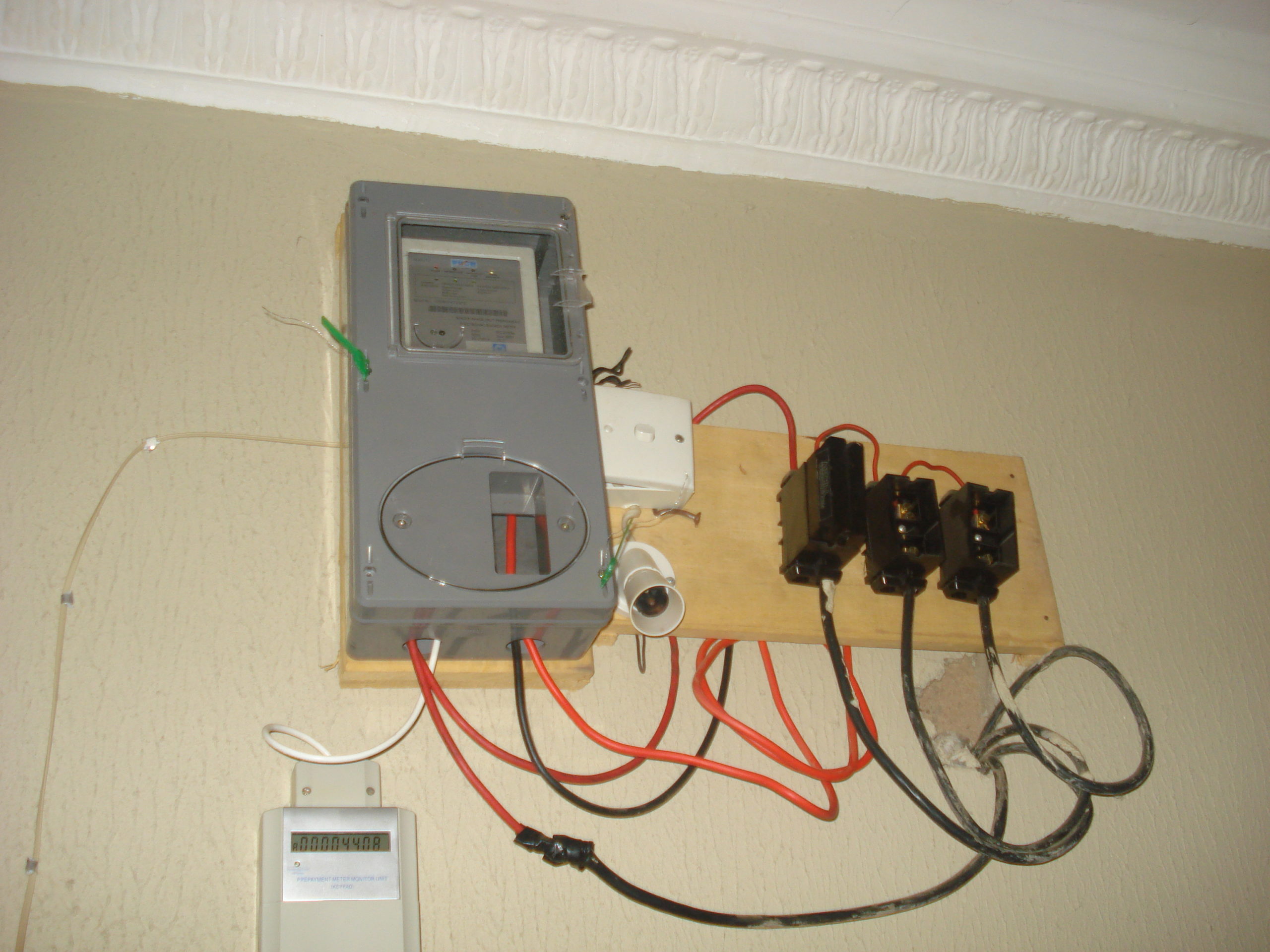- Metering is Your Responsibility, NERC Fires Back at Discos
The Nigerian Electricity Regulatory Commission has said the obligation to ensure that all electricity consumers have meters remained with the electricity distribution companies under Meter Asset Provider Regulations 2018.
“This is consistent with their respective licensing terms and conditions and Section 4 (1) of the said regulations that provides that, inter alia, distribution licensee is responsible for the achievement of metering targets as specified by the commission from time to time,” NERC said in a statement on Monday.
The regulator was reacting to a statement by the Association of Nigerian Electricity Distributors, the umbrella body for the Discos, that Discos were no longer responsible for the provision of meters to electricity consumers across the country.
NERC noted that Section 4 (3) of the MAP Regulation required that all distribution licensees should engage the services of meter asset providers towards meeting the metering targets as specified by the commission and in accordance with the provisions of the MAP Regulations 2018.
It stated that the Discos were expected to engage MAPs within 120 days of coming into effect of the regulations.
The commission said, “The deadline was fixed for July 31, 2018 but was extended to November 30, 2018 to engender more competition between potential MAPs, thus providing better value for consumers.
“Several of the Discos experienced slippage in the timeline stipulated by the commission and this infraction is being handled in line with the enforcement regulations of the commission.
According to the statement, the commission is currently reviewing the MAP procurement reports and successful meter asset providers shall be announced after a meeting with the Discos and preferred bidders scheduled to hold next week.
“The commission wishes to reaffirm its commitment to expedite a closure of the current metering gap, thus limiting the practice of estimated billing to very exceptional cases in line with the provisions of the MAP regulations,” it added.
The Executive Director, ANED, Mr Sunday Oduntan, was reported on Monday to have said that metering was no longer the responsibility of Discos.
According to him, that responsibility now lies with the meter asset providers licensed by the NERC.
Oduntan said that with the licensing of the meter asset providers, the Discos would now concentrate on addressing other challenges in the power supply business.
He said, “Metering has been taken off the Discos’ primary responsibility and that is why the Federal Government through NERC came up with MAPs. In summary, the meter asset providers are essentially now in charge of metering, not the Discos.
“We are participants; we have a role to play and we are playing this role by cooperating with them. But we are not the ones to provide meters to Nigerians, going forward. People need to understand that and we support anything that will make it possible for Nigerians to have meters.”

 Forex2 weeks ago
Forex2 weeks ago


 Naira1 week ago
Naira1 week ago
 Naira4 weeks ago
Naira4 weeks ago
 Company News4 weeks ago
Company News4 weeks ago




 Naira2 weeks ago
Naira2 weeks ago
 Billionaire Watch1 week ago
Billionaire Watch1 week ago




 Naira1 week ago
Naira1 week ago




 Naira3 weeks ago
Naira3 weeks ago

















